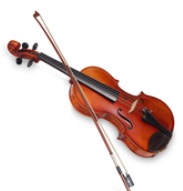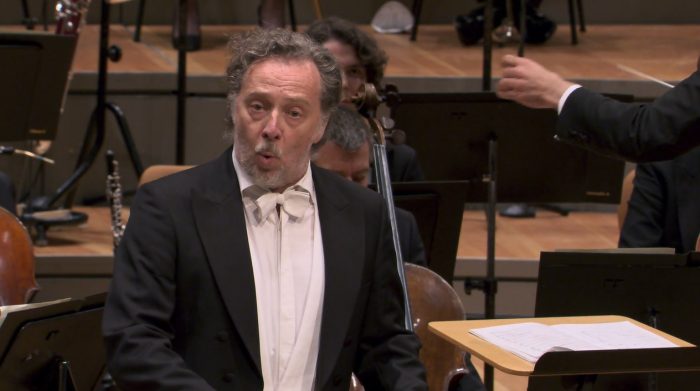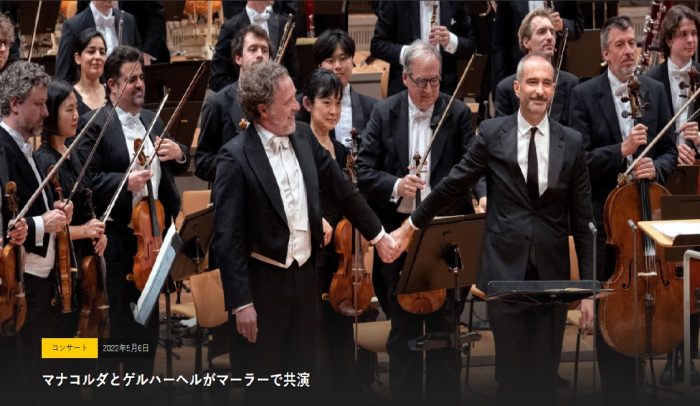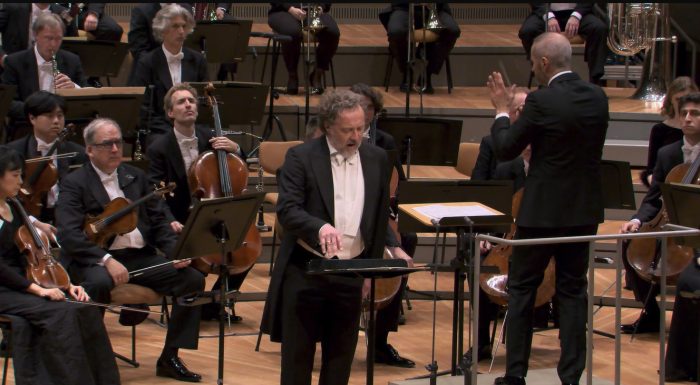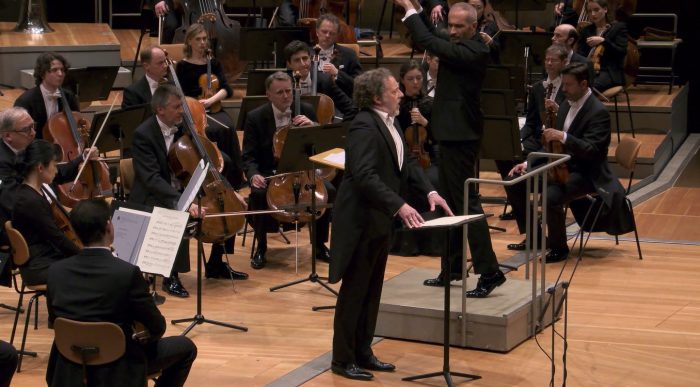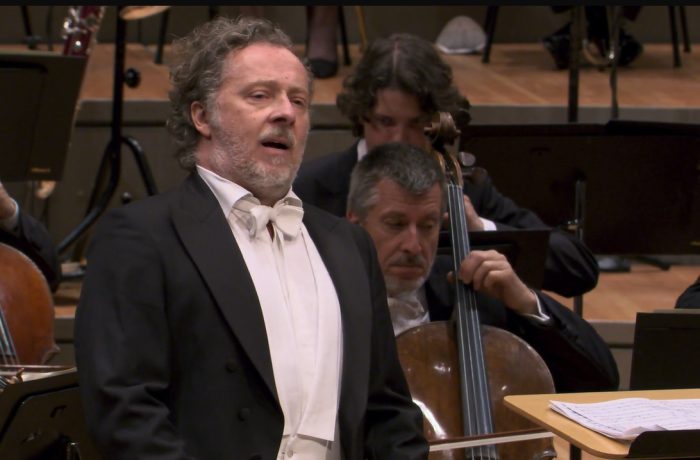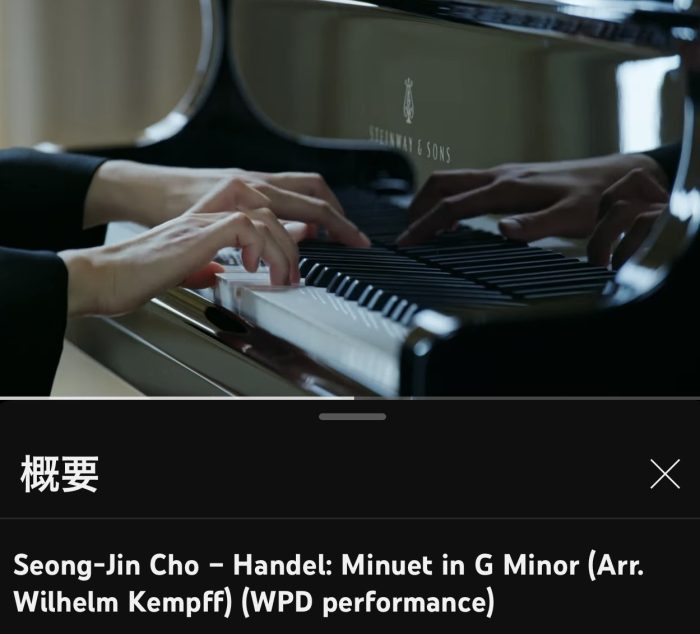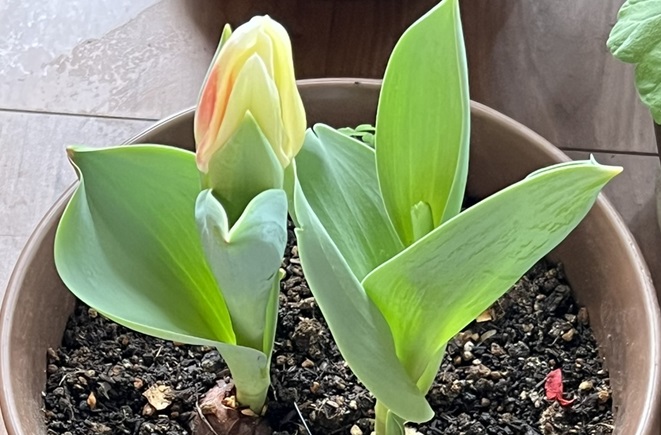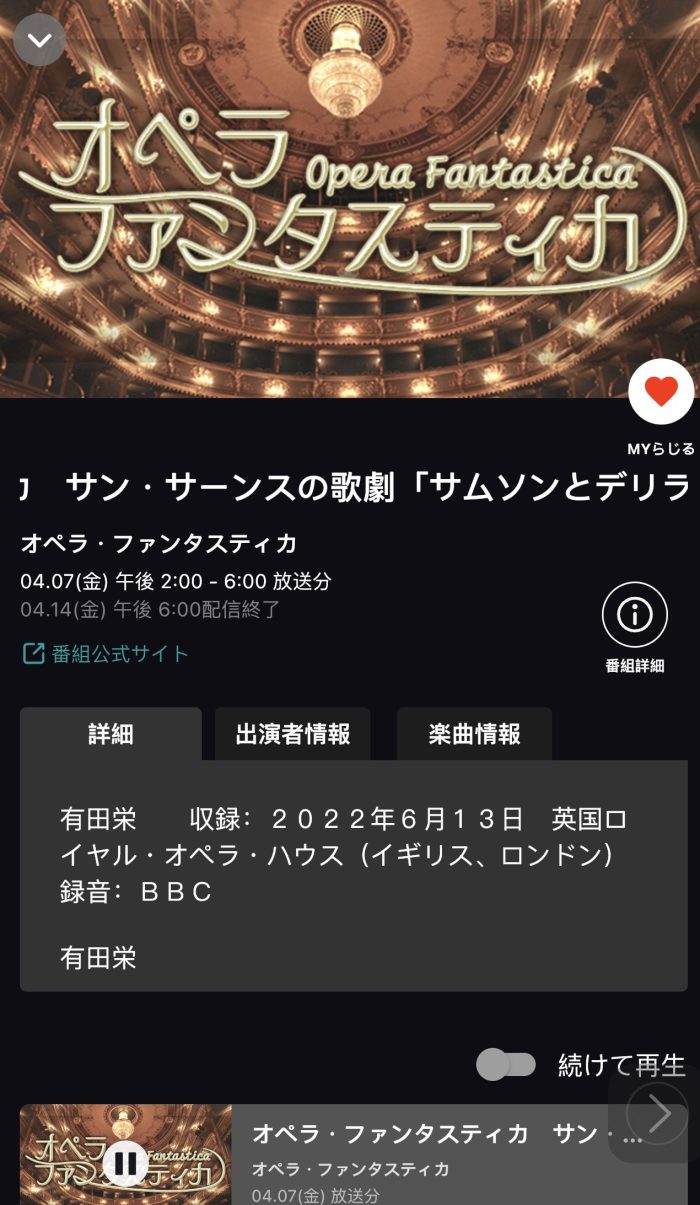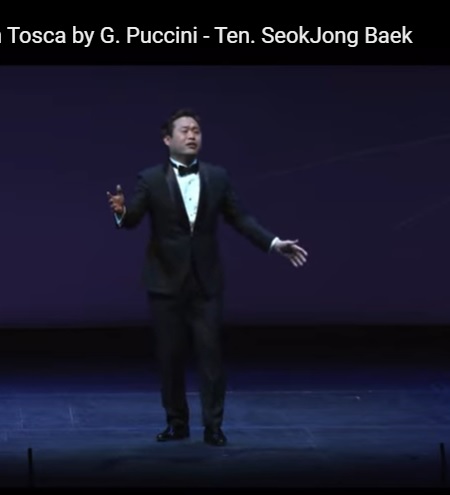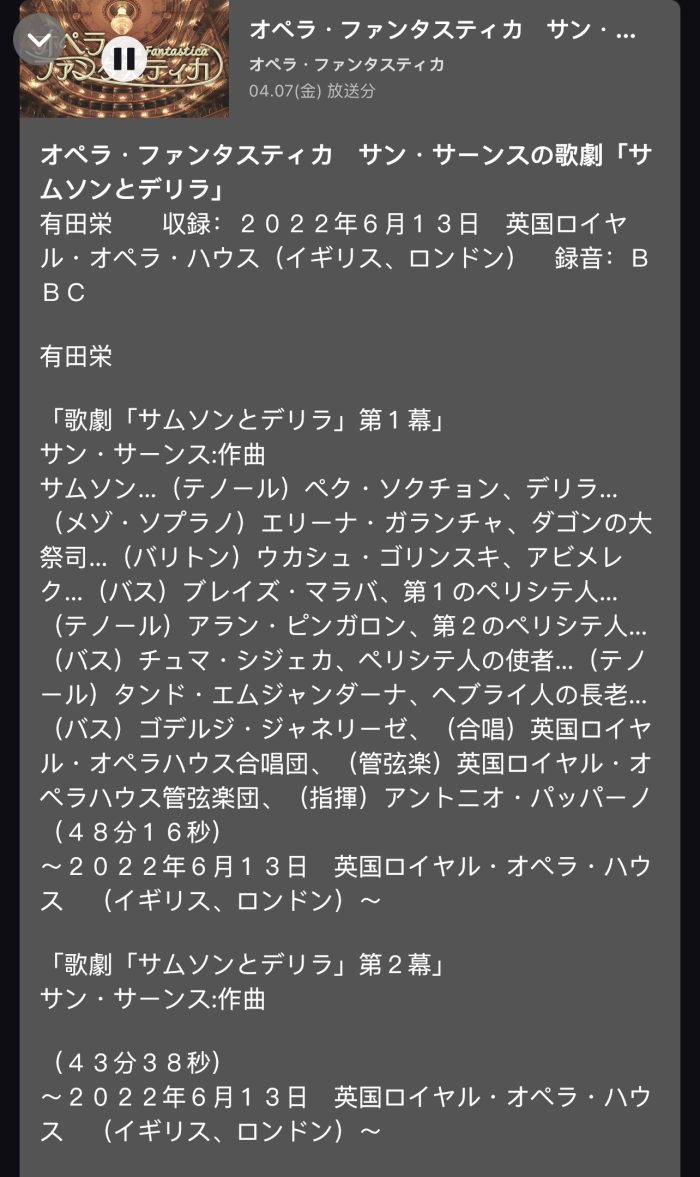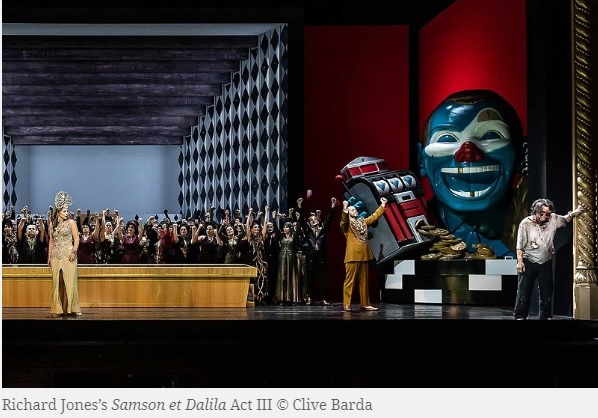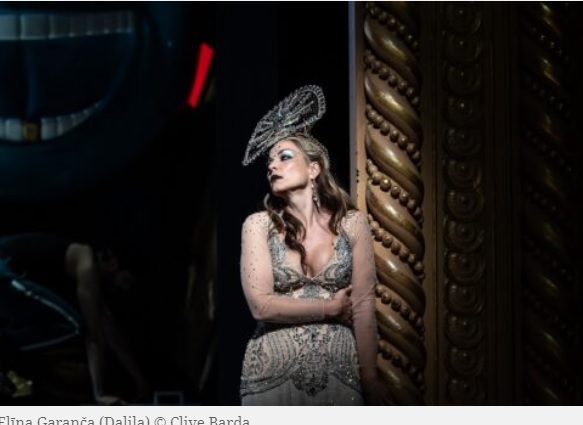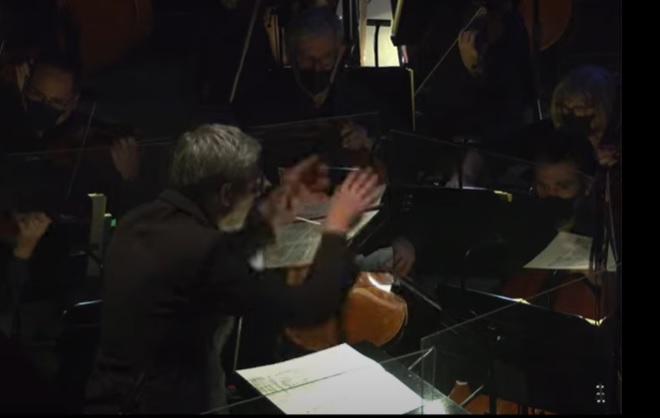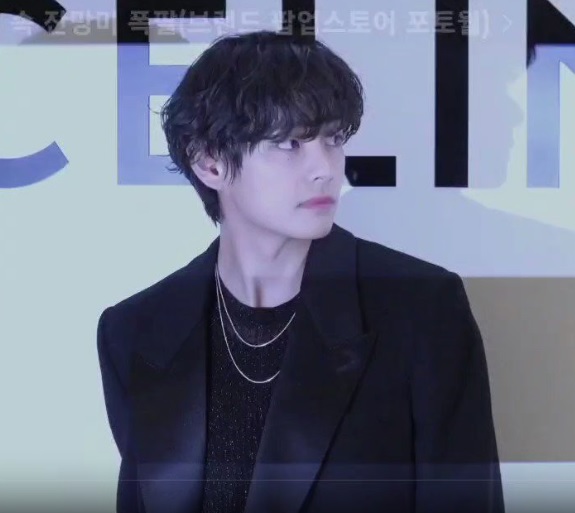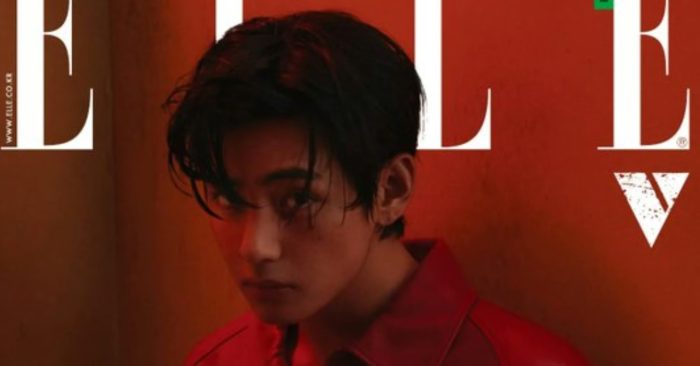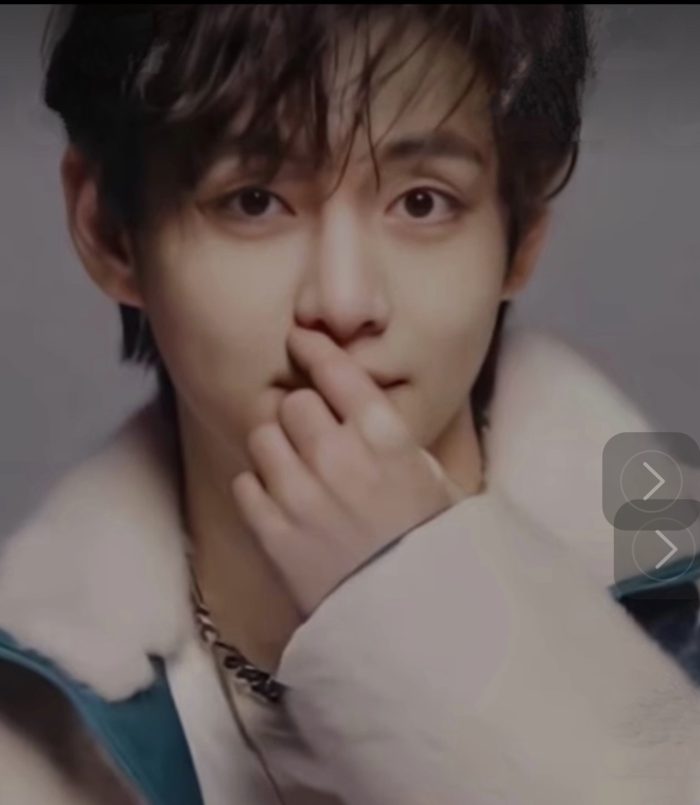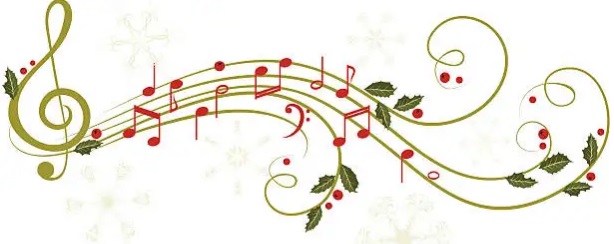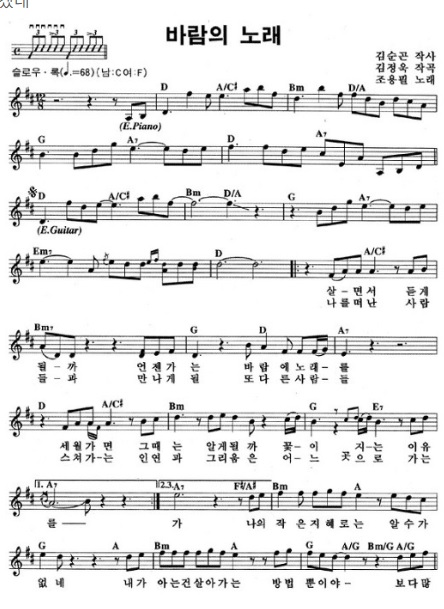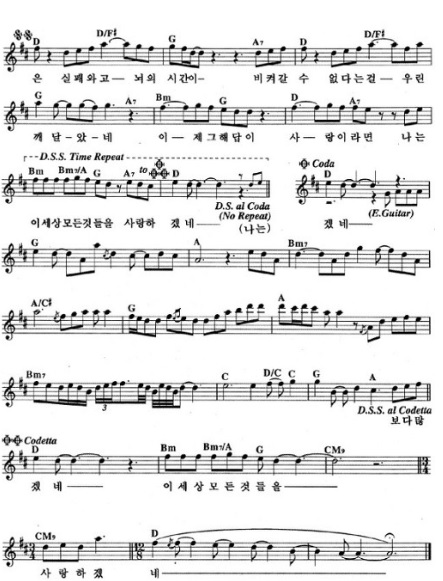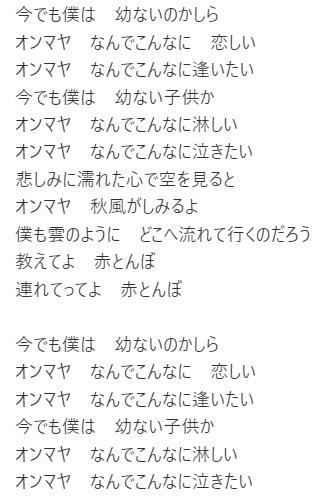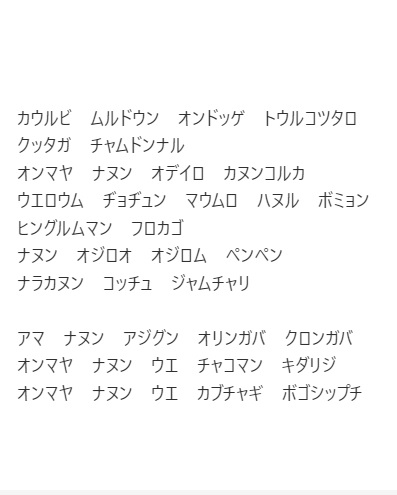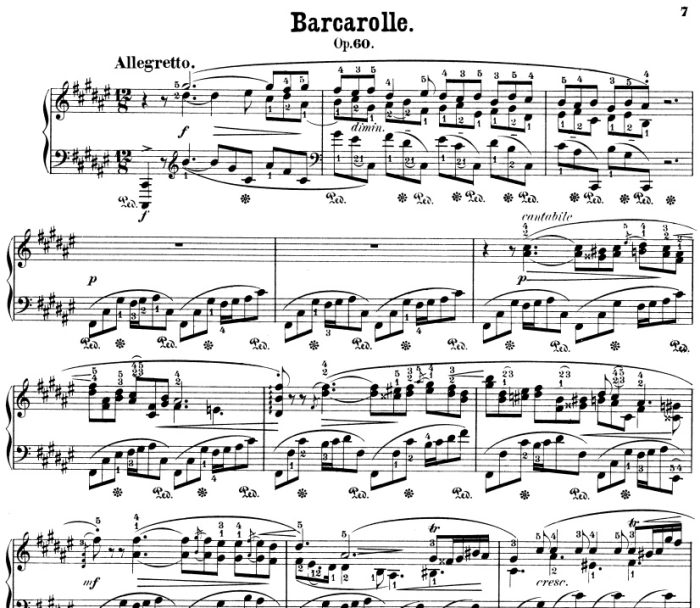🎻Instruments of the Orchestra
How do we call music players for various instruments?Musical Terms and Concepts by Oxford Music Online.
| the name | the players | memo |
| トランペット | trumpeter(トランペッター) trumpettist(トランペッティスト) | ※trumpetistというつづりも可。 |
| トロンボーン | trombonist(トロンボーニスト) | euphonist(ユーフォニスト) euphoniumist(ユーフォニウミスト) |
| ホルン | hornist(ホルニスト) | |
| クラリネット | clarinettist(クラリネッティスト) | ※clarinetistというつづりも可 |
| フルート | flutist(フルーティスト) | |
| オーボエ | oboist(オーボゥイスト) | |
| ファゴット | bassoonist(バスーニスト) | |
| チューバ | tubaist(テューバイスト) | |
| サックス | saxophonist(サクソフォーニスト) | saxist(サクスィスト) |
| ピッコロ | piccoloist(ピッコロゥイスト) | |
| ティンパニ | timpanist(ティンパニスト) | |
| The Strings the violin | the smallest and highest-pitched member of the string family | by Arapahoe Phil page |
| the viola | The viola duplicates the violin’s three lower strings, but its fourth string is tuned another fifth lower than the lowest violin string. | A little larger than the violin |
| the cello | only an octave (8 notes) lower than the viola | |
| the double (string) bass | is the largest and lowest-pitched bowed stringed instrument, an octave lower than the cello. | |
| The harp | is nothing like the rest of the string family. It is a tall, triangular-shaped instrument with about 45 vertical strings. | |
| The Woodwinds | The flute The piccolo, The oboe does not have a mouthpiece like the flute and the piccolo, The English horn,the clarinet,The bassoon,The saxophone | |
| The Brass | The trumpet has been around since about 1500 years BCE! The trombone, The horn,The bass trombone,the tuba, | |
| The Percussion Family | Timpani, The snare drum, The bass drum, The triangle, The gong, Cymbals, The xylophone | |
| The piano | It is a keyboard instrument that produces sound when the player presses the keys with her or his fingers, causing small padded hammers to strike the strings. | The sound is stopped by a damper when the key is released |

